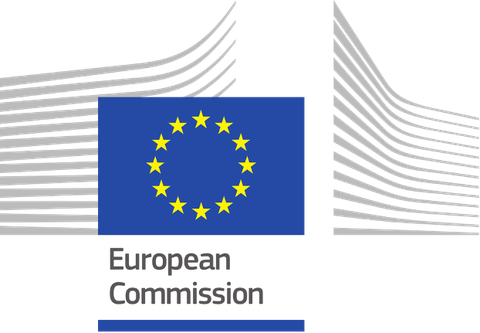Jan 19, 2023
European Union invests 8 Mio Euro in the early interception of inflammatory-mediated Type-2 Diabetes
Type 2 diabetes (T2D) is the most common type of diabetes, accounting for >90 % of all diabetes cases and causes health problems and suffering for the ~54 million people in Europe who live with this disease. Moreover, it also places a significant burden on countries' economies and health systems. Within the newly funded INTERCEPT-T2D project, an international research consortium from seven European countries, amongst them Prof. Michele Solimena and his group at the Paul Langerhans Institute Dresden in close collaboration with Profs. Marius Distler and Jürgen Weitz in the Clinic and Polyclinic for Visceral, Thoracic and Vascular Surgery at UKD, is going to investigate whether an inflammatory-mediated process contributes to the demise of the insulin producing beta cells of the pancreatic islets and the progression of T2D towards complications. The European Union is funding this project with a total amount of 8 million Euro for five years until the end of 2027.
Diabetes mellitus, and especially T2D, is a heterogeneous disease, which makes it very difficult to deliver an optimal tailored treatment. Consequently, patients’ individual trajectories of progressive hyperglycemia and risk of chronic complications are so far difficult to predict. In addition, onset of diabetic complications such as cardiovascular disease, nephropathy or retinopathy, represents a very important transitional phase of T2D development toward premature disability and mortality. Thus, the challenge is to identify the key triggering factors that could be targeted for efficient interception, before the onset of T2D and related organ disorders.
“Chronic systemic inflammation has been suggested to be a major contributor to the onset and progression of T2D and its complications. Thus, the new INTERCEPT-T2D project will bring a novel and clinically relevant dimension in T2D care considering inflammatory parameters that could be relevant for the transition from normoglycemia to T2D and thereafter”, says Prof. Michele Solimena, speaker of the Paul Langerhans Institute Dresden (PLID) and one of the principal investigators in the INTERCEPT-T2D consortium. “The combination of state-of-the-art genomics and cell-biology technologies with targeted clinical interventions will lead to potent patients’ stratification, which should allow the identification and prognosis of a novel class or subclass of subjects prone to suffer from an inflammatory-mediated T2D endotype.”
The INTERCEPT-T2D consortium, coordinated by INSERM in Paris, comprises a total of 12 research groups from 7 European countries and has set itself the objective to establish whether an inflammatory signature defines a specific T2D subtype and contributes to the early onset-complications, thus enabling the identification of patients most at risk to develop them. This knowledge could be exploited for tailored anti-inflammatory interventions. A significant asset of this consortium is its access to several among the best-documented longitudinal human European cohorts of patients with impaired glucose tolerance and T2D, with reliable clinical and biological data allowing to trace the transition and evolution towards organ complications.
Over the next five years, Prof. Solimena and his group will specifically investigate the occurrence of inflammation in islets of subjects with prediabetes and T2D diabetes. “In the work package I coordinate, we aim to gain further insights into the cellular origin of the elevated immune signature present in islets of patients with impaired glucose tolerance and T2D. Specifically, we will assess whether circulating inflammatory biomarkers and insulin secretory capacity correlate with the inflammatory signature observed in pancreatic islets of metabolically profiled pancreatectomized patients within the LIving DOnor PAncreas COhort (LIDOPACO)”, explains Prof. Solimena. “To this aim, we will combine advanced multiplex imaging techniques, in situ omics analyses and beta cell functional assays. This integrated strategy shall enable us to unequivocally identify and profile the phenotype of the islet cells accounting for this inflammatory signature in islets of living donors with impaired glucose tolerance and T2D. Thus, this work will help to define the role of metabolic inflammation in the progression of islet beta cell failure in T2D.”
Weblink INTERCEPT-T2D
https://cordis.europa.eu/project/id/101095433

